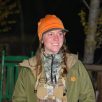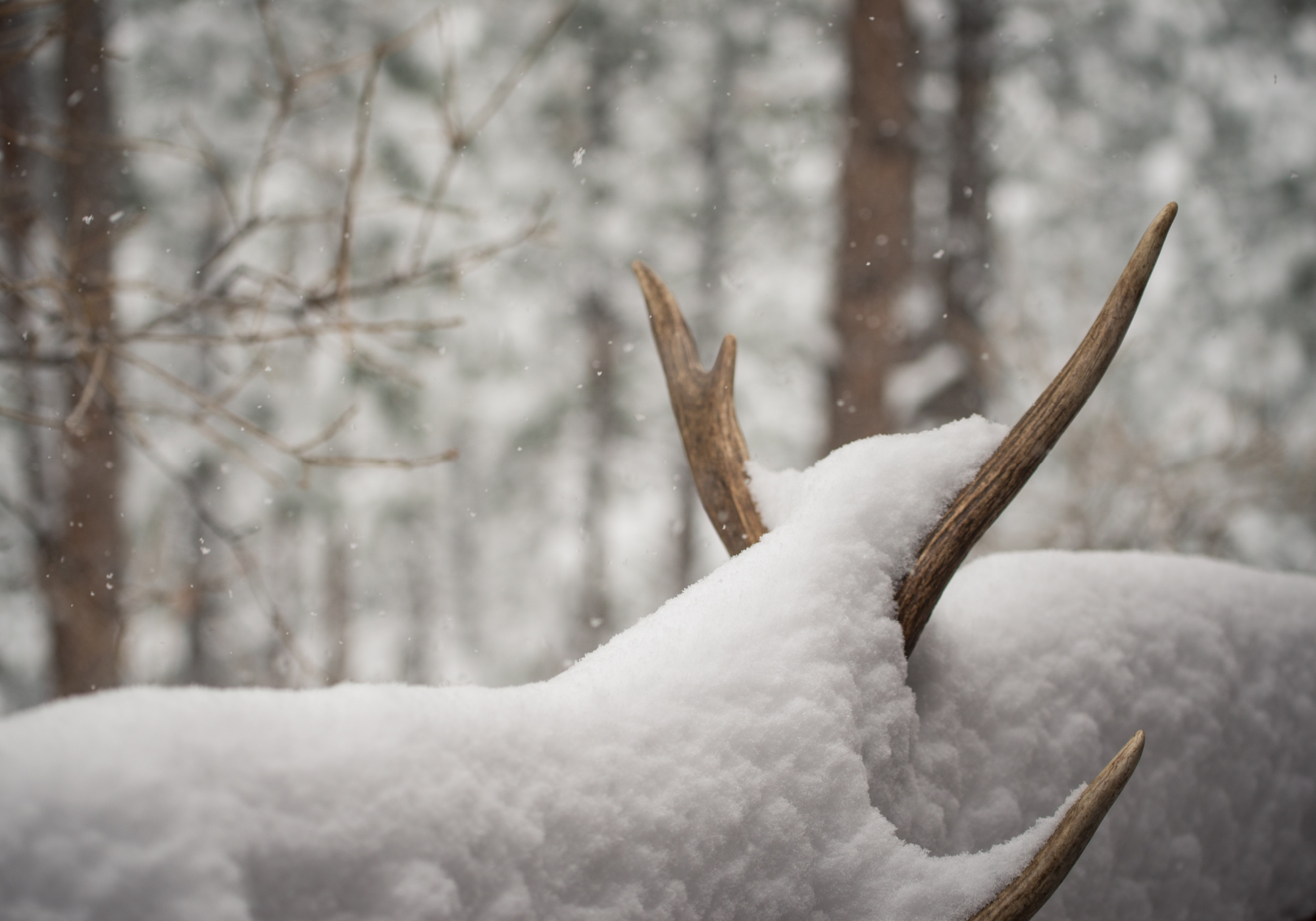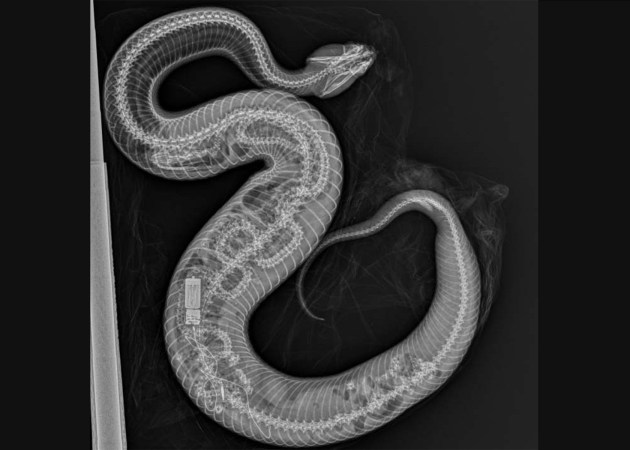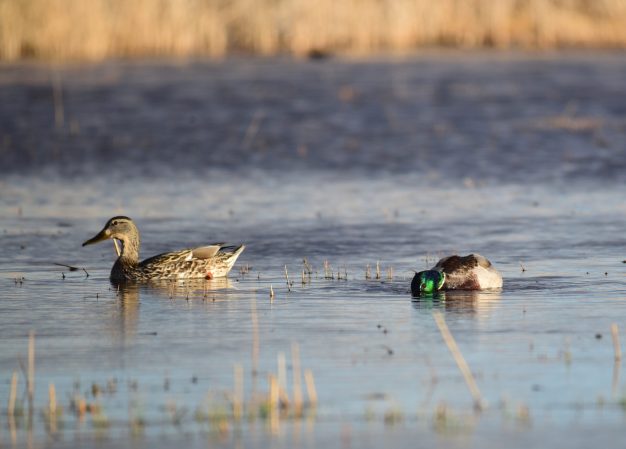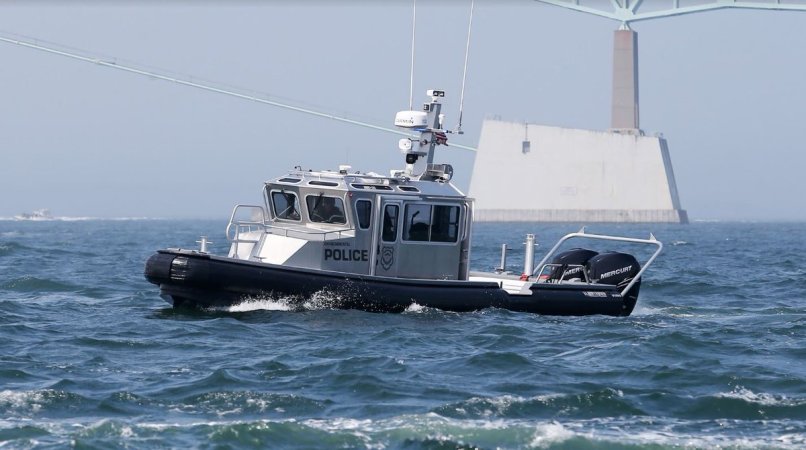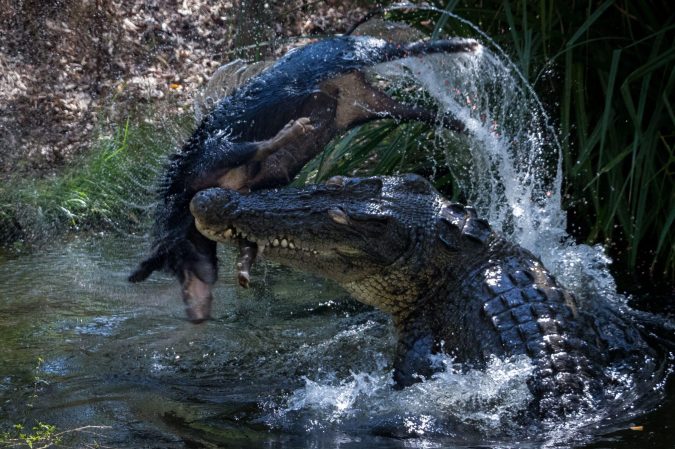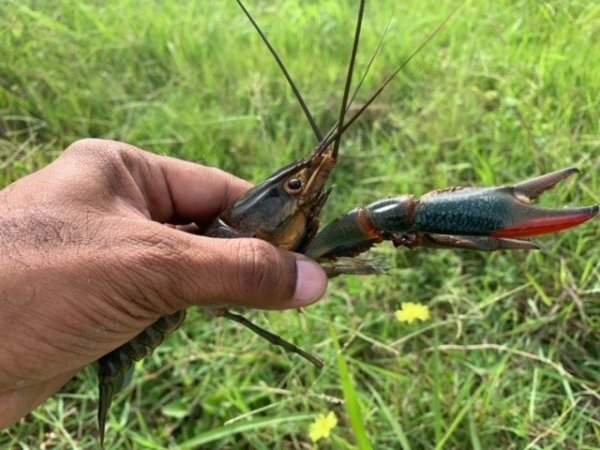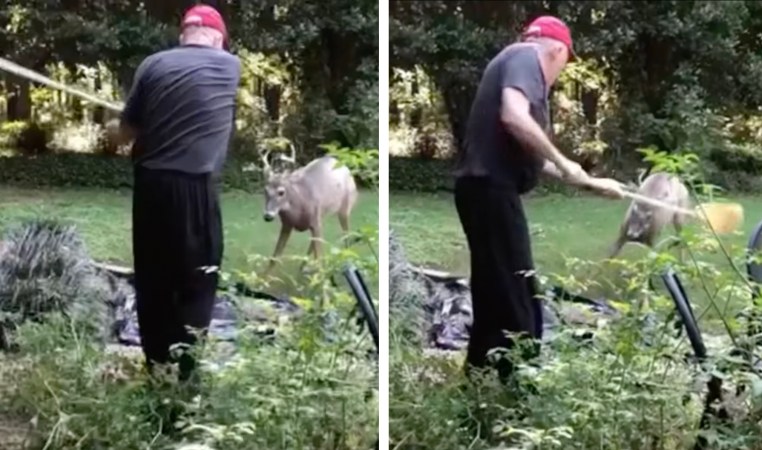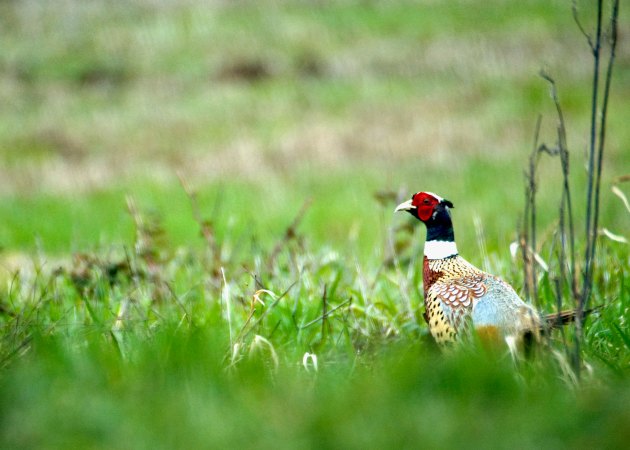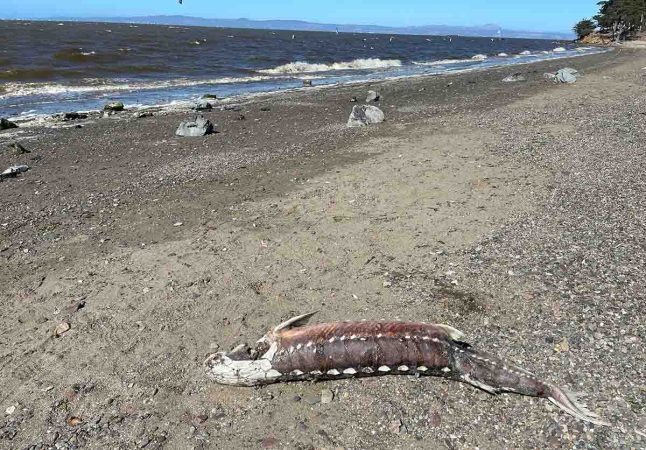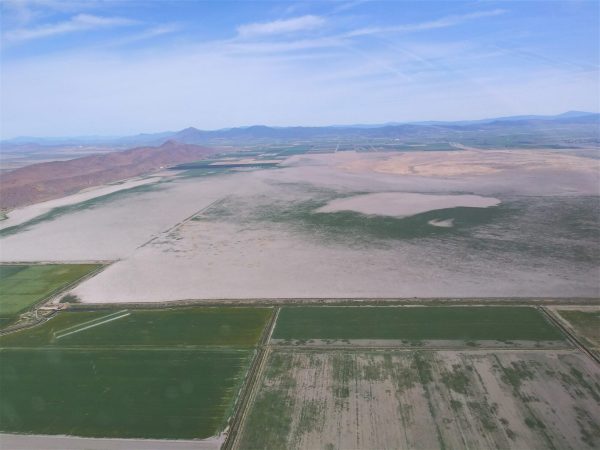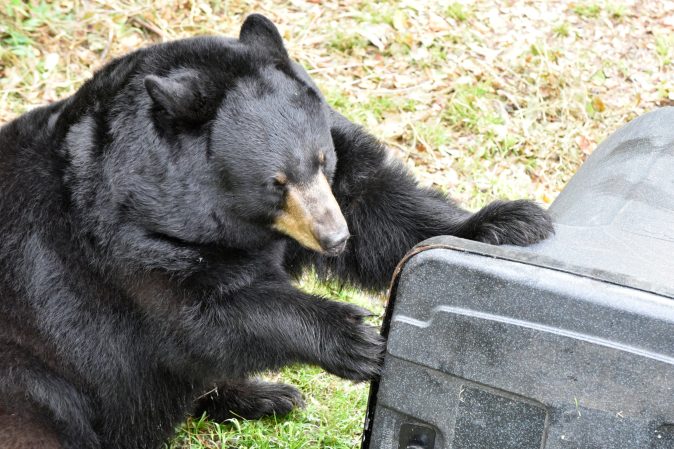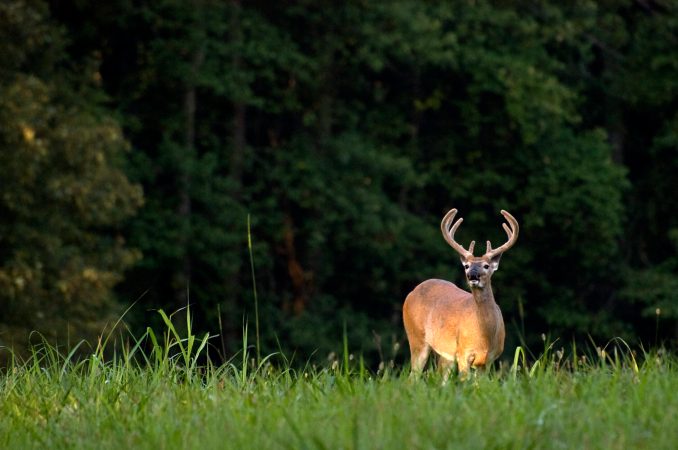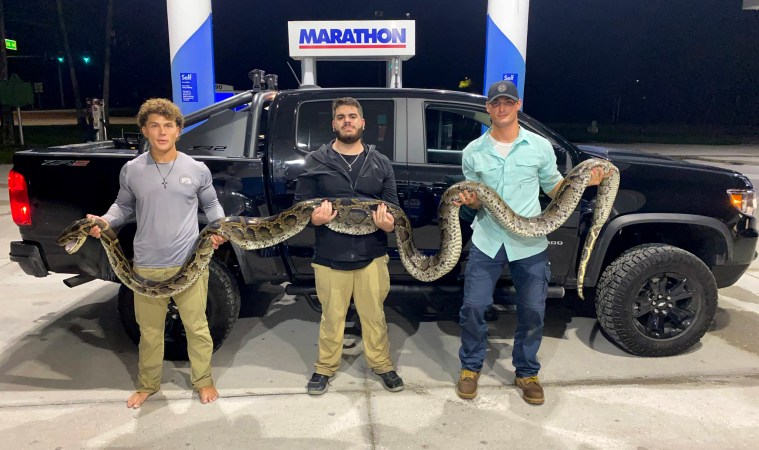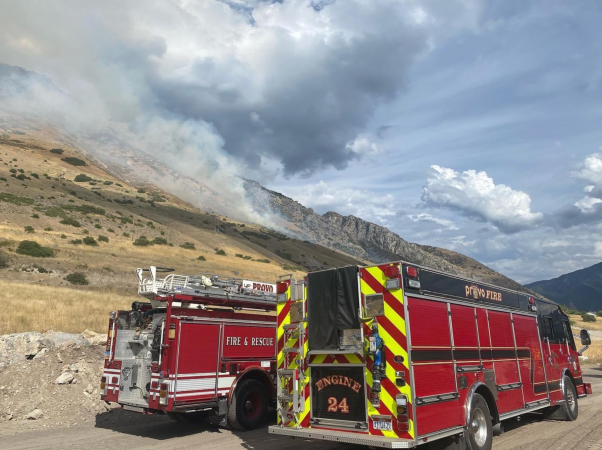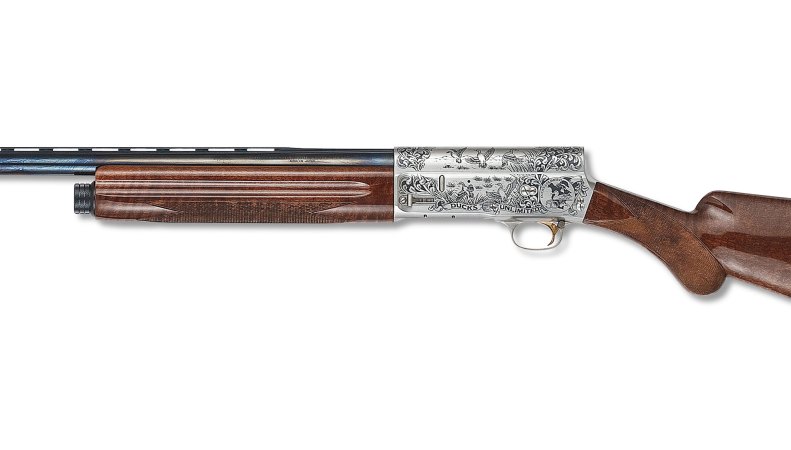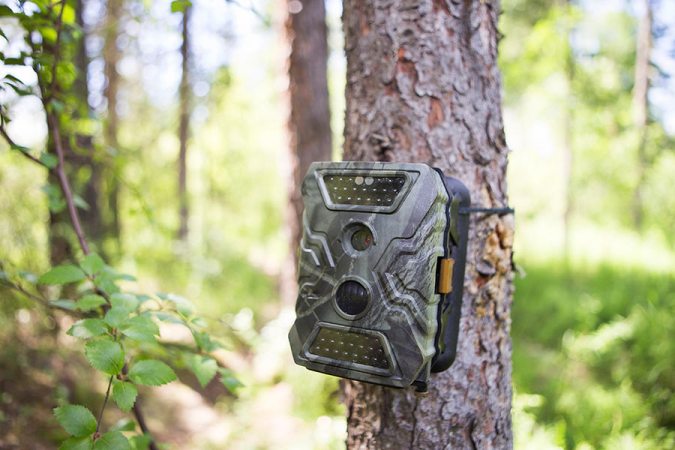The Utah Department of Wildlife Resources announced Tuesday that the whole state will be closed to shed and horn hunting until April 30 in an effort to support and protect the state’s big game populations. This winter has been a particularly harsh one for mule deer as snow continues to pile up and frigid temperatures blast the northern part of the state. DWR biologists have been monitoring deer health all winter and are specifically concerned by mule deer fawn survival rates, a press release says.
“In these types of conditions, big game animals are weakened and highly vulnerable to repeated human-caused disturbances,” DWR director J. Shirley said. “The unnecessary expenditure of energy and stress associated with disturbance—like being repeatedly followed by someone gathering shed antlers—may significantly decrease the survival rates of big game animals, particularly deer, this winter.”
Shed hunting has gotten popular in recent years as the market for antlers explodes and hunting influencers promote the activity. This has both increased shed hunting pressure across the West and catalyzed the establishment of more regulations surrounding the practice, limiting both when and where one can legally shed hunt. Utah DWR already requires that all shed hunters take a free course and get a certificate in shed hunting ethics before setting out any time from Feb. 1 and April 15.
“Closing the shed antler and horn gathering season will minimize a major source of disturbance in the areas and during the time periods when big game animals are the most exposed and vulnerable,” Shirley said.
Problems with Pressure
The move has triggered a variety of responses from outdoorsmen and women and conservation organizations. Some, like the Mule Deer Foundation (who commented with supportive claps on the DWR’s Instagram post) and Backcountry Hunters & Anglers, applaud the ban.
“Utah BHA supports the division’s decision because of the impact this winter is having on the mule deer and elk herds in the state,” Utah BHA chapter chair Perry Hall tells Outdoor Life. “They’ve had to close I-80 a few times now due to elk being on the major interchange between 215 and I-80 on the east side of Salt Lake. They’ve had to relocate at least three bulls out of Salt Lake City proper due to them coming out of the hills. The herd’s feeling the pressure.”
Some opponents to the statewide ban argue that the southern part of the state doesn’t have the same snow and climate, and therefore a shed hunting ban to relieve pressure on herds isn’t necessary. But DWR big game coordinator Dax Mangus recalls what happened during the 2016-2017 winter when DWR closed just the northern region of Utah to shed hunting.
“The last time we had a shed antler closure, it initially started in just the northern part of the state,” Mangus tells Outdoor Life. “But then after just a few days we expanded it to include the entire state, due in large part to the concern that we displaced all the shed hunters from northern Utah, where the bulk of our human population lives, into the southern part.”
What About Other Recreation?
It’s not just the statewide nature of the ban that has opponents up in arms. Some of them took to Instagram after DWR made the announcement to decry the move entirely, saying that it overlooks the impact winter hikers, bikers, trail runners, cross-country skiers, and snowmobilers must have on the same wildlife populations. Why not close these other activities as well?
This is something DWR addresses in the press release.
“Shed antler gathering is not the only winter activity with the potential to disturb wintering wildlife,” Shirley said. “We encourage everyone to be aware of wildlife during this vulnerable period and do their best to not disturb them.”
Mangus says other winter activities aren’t as detrimental to big game herds as shed hunting is.
“Typically, the folks participating in other forms of outdoor recreation aren’t as keyed in on wildlife,” Mangus says. “They encounter it, but they aren’t as keyed in on the habitats wildlife use in the winter. There’s going to be more impact from shed hunters than from other recreational activities, not to say those activities couldn’t contribute as well, but most of the impact will be from shed hunters.”
A Question of Authority
Mangus points out that the DWR’s regulatory authority only stretches so far, and closing trails to all activity on public lands is not something the agency can do.
“We have authority over regulation of wildlife and their parts, we have regulatory authority over our own lands, which are Wildlife Management Areas that the Division owns, but we don’t have have regulatory authority over other recreational uses on the land,” Mangus says. “We would ask folks that are out recreating or participating in other activities in areas where we have wintering wildlife to be mindful and give wildlife some space, but we have limited authority in terms of what we can and can’t regulate.”
If folks want to search for shed antlers in Utah, they can wait until May 1 to do it or risk a citation. According to the press release, if conditions improve, DWR might lift the restrictions before April 30.
